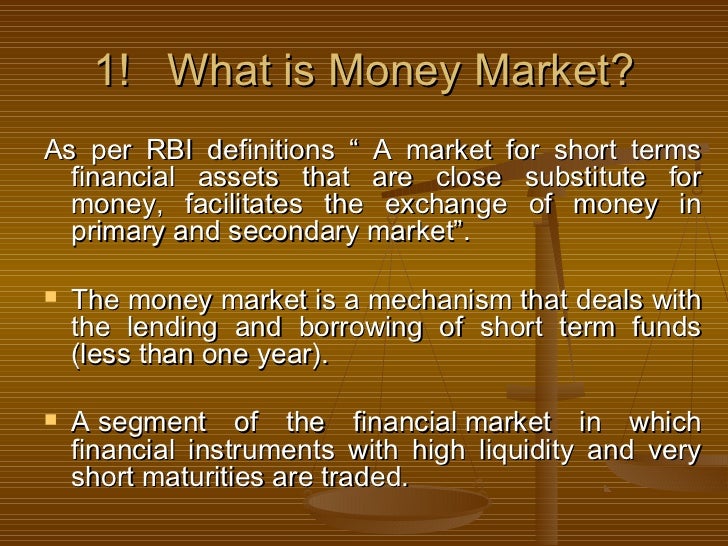
Part of the problem, according to Ricks, is a confused view of banking that primarily considers banks as “intermediaries”. The complexity of banking regulation reforms has been driven by vague concepts such as systemic risk and financial stability, while retaining the skeletons of the internal risk models that were discredited during the crisis ( Bayoumi, 2017). The extraordinary expansion of shadow banking credit has rather been supported by preferential bankruptcy treatment and lax rehypothecation rules ( Perotti, 2013). Most of the regulatory reform after the crisis has dealt with regulating deposit-issuing banks, while relatively little has been done to rein in the issuing of money-equivalents from the shadow banking sector. The growth in money-claims (or short-term funding) is, according to Ricks, the main source of instability in our financial system, but surprisingly little has been done to address this vulnerability. 66), where the existence of money-claims leads to unstable and multiple equilibria. Instead of their highly abstract model with banks but no money ( Ricks, 2016, p.90), he wants us to think of a bank runs within a different game theoretic model (“the stag hunt”, p. But he claims that his analysis of bank runs is fundamentally different from the canonical model of Diamond and Dybvig ( Diamond & Dybvig, 1983). Morgan Ricks describes this scramble for liquidity as a classic coordination game characterized by self-fulfilling bank runs in his recent book “The Money Problem”. The Federal Reserve and Treasury stepped in to avoid a complete meltdown. A massive run on US money market funds followed, short term loans were called, and major financial institutions faced vanishing liquidity. The bankruptcy of Lehman Brothers in September 2008 sent shockwaves through the financial markets. “The Money Problem: A Rejoinder” by Morgan Ricks,

Nevertheless, the book should serve both as a primer for future monetary reform proposals, but also as a starting point for a pragmatic bipartisan debate about financial reform today. His discussion of banks and deposit regulations should be required reading for all bank regulators, although his proposal may fall on barren ground in the current political environment.
#NEAR MONIES ARE DEFINED AS FULL#
He brings a refreshing look to the regulatory debate, and the book is full of novel insights. In this way his proposals are both radical and conservative. He is not, however, in favor of narrow banking – as favored by Irving Fisher – but would leave credit allocation with the private banking sector. Ricks would instead restore money issuance as a privilege and leave other financial institutions with a lighter regulatory regime.

This has led to an enormously complex body of regulations that threatens to bring traditional banking to its knees. Still, the regulatory reform agenda after the crisis has mostly been directed at banks (with a few exceptions). She would like to secure these monies for her children in the event of her husband remarrying after her death.Should money issuance be a licensed privilege, and if so, who should issue money? Morgan Ricks argues that free-wheeling money issuance by non-licensed shadow banks was a major factor behind the global financial crisis.

If further monies are put into the trust the additional income will be assessed separately. These funds represent approximately 12% of total Arts Council monies. He is responsible for handling fees and other monies due to the court.

Each sum may be from a different source or earmarked for a different purpose. Whichever way you spell it, the plural of “money” is used almost exclusively in formal business contexts.Īlthough “money” has this special plural form, it is still not a countable noun. Both are correct, but, according to my research, “monies” is the more modern spelling. The plural of “money” is spelt in two different ways – “monies” and “moneys”. However, you are probably familiar with the word being used in the plural. Money takes verbs in the singular: Money is… NOT Money are… And it is incorrect to say I found a money under the bed. We would never say I found some monies under the bed / There are some monies under the bed. I found some money under the bed / There is some money under the bed, whether it is one 1 cent coin or ten €100 notes. In everyday English the word “money” is uncountable.


 0 kommentar(er)
0 kommentar(er)
